Disclaimer: This blog post contains affiliate links. If you make a purchase through these links, I may earn a small commission at no additional cost to you. Learn More. Thank you for supporting our garden community.
Growing Poppies From Seed
Poppies are captivating flowers that not only add beauty to any garden but also hold cultural and historical significance. With origins from various parts of the world, poppies have fascinated humans for centuries. If you’re interested in growing poppies from seed in your garden, you’ve come to the right place! In this blog post, we will cover everything you need to know about growing poppies, including the history of poppies, the different poppy varieties, growing conditions, the best time to grow poppies, and, of course, how to grow poppies from seeds. So, let’s get started and learn how to grow these stunning poppy flowers in your garden. Check out the products that follow to help you grow poppies.
Products:
If you want to purchase seeds for your garden, check out the following link:
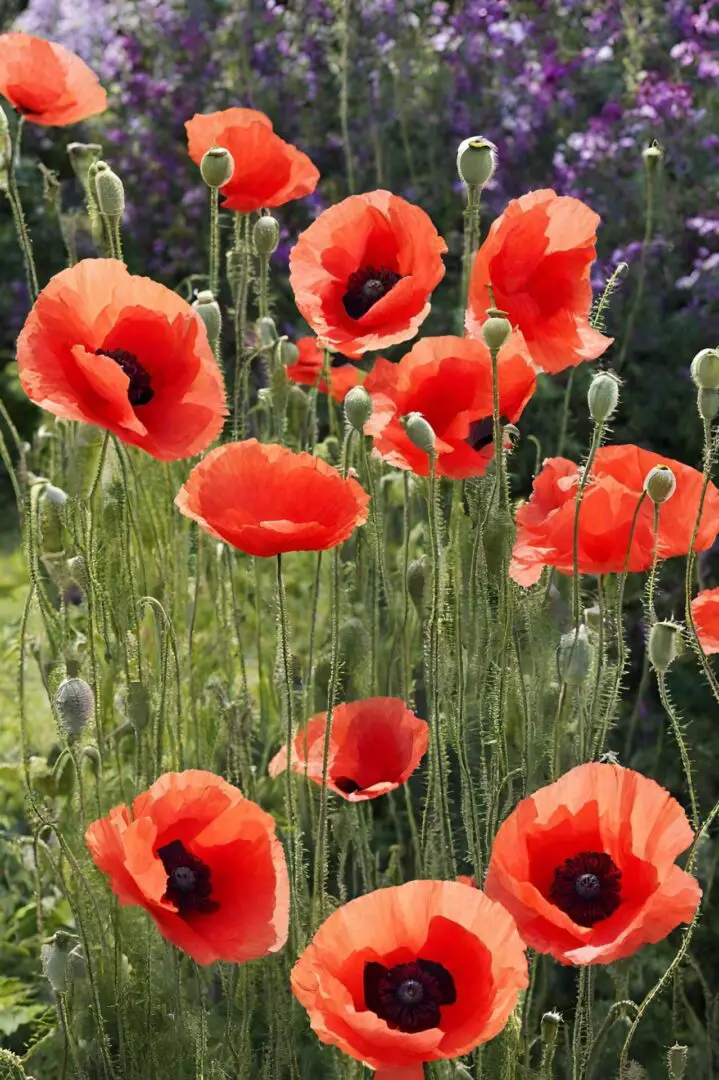
Growing Poppies From Seed
Poppies have a rich history dating back over 5,000 years. They were originally cultivated in the eastern Mediterranean region, but now you can find them in various parts of the world. Poppies were used extensively by ancient civilizations for medicinal purposes and were also symbolic in Greek and Roman mythology. Today, they are often associated with Remembrance Day here in Canada and are commonly worn during memorial services to honor fallen soldiers.
The Importance of Growing Flowers Among Your Vegetables
Integrating flowers, such as poppies, into your vegetable garden yields several benefits. Poppies attract pollinators like bees, butterflies, and birds, aiding in the pollination of your vegetable plants. Additionally, poppies can act as natural pest deterrents, protecting your vegetables from harmful insects. Moreover, the aesthetic benefits of flowers in a vegetable garden cannot be denied; they add color and visual interest, making the garden more picturesque.
Different Poppy Varieties
There are several poppy varieties to choose from, each offering its unique characteristics and beauty. Here are a few popular ones:
Oriental Poppies
Known for their large, vibrant flowers, Oriental poppies are perennial plants that bloom during late spring or early summer. They come in shades of red, pink, orange, and white.
Icelandic Poppies
These poppies produce stunning bowl-shaped flowers resembling a crepe paper and come in various shades of yellow, orange, pink, and white. They are usually grown as annuals.
California Poppies
Native to California, these wildflowers have vibrant orange or yellow flowers, adding a touch of brightness to any garden. California poppies are known for their ability to tolerate drought conditions.
If you are looking for a mix of different poppy varieties, check out SeedsNow!
Soil, Water, and Light Conditions
Poppies thrive in well-draining soil, so it is important to prepare the right growing conditions. Loamy soil enriched with compost or other organic matter is ideal. Ensure proper drainage to prevent root rot, especially during heavy rainfall. Watering frequency should be moderate, allowing the soil to dry slightly between waterings.
Regarding light conditions, poppies generally prefer full sun. Make sure they receive at least 6 to 8 hours of direct sunlight daily for optimal growth and blooming.
The Best Time to Grow Poppies
Poppies are cool-season flowers, meaning they prefer to grow in cooler temperatures. The best time to sow poppy seeds is in early spring or late fall, depending on your specific region. Planting in cooler weather ensures that the flowers thrive and last longer. For me, fall is off the table, as the snow comes too soon. But if you are in a higher zone, this is the perfect time to sow poppies. Sow the seeds directly into the soil, as they do not transplant well.
Conclusion
Growing poppies in your garden not only adds a burst of color but also provides numerous benefits. From attracting pollinators to acting as natural pest deterrents, poppies enhance the overall health and aesthetics of your garden. With their deep historical roots and symbolic nature, these beautiful flowers will bring joy and elegance to any landscape. So, get ready to sow some poppy seeds and watch your garden thrive! Check out my other grow guides below!
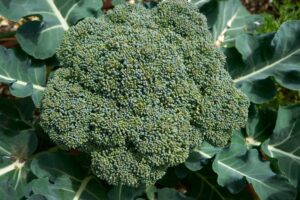
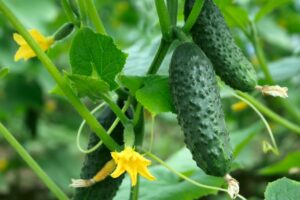

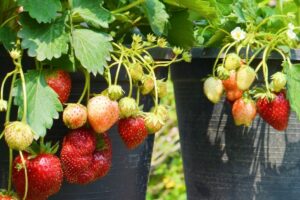
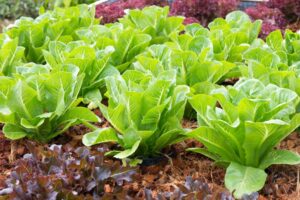
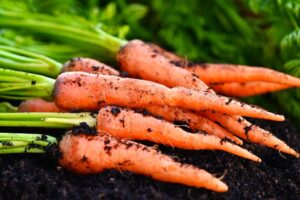
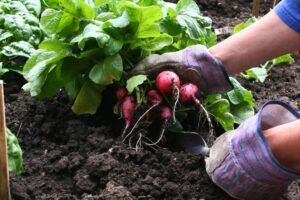
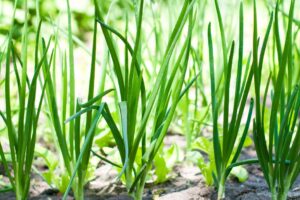
Leave a Reply